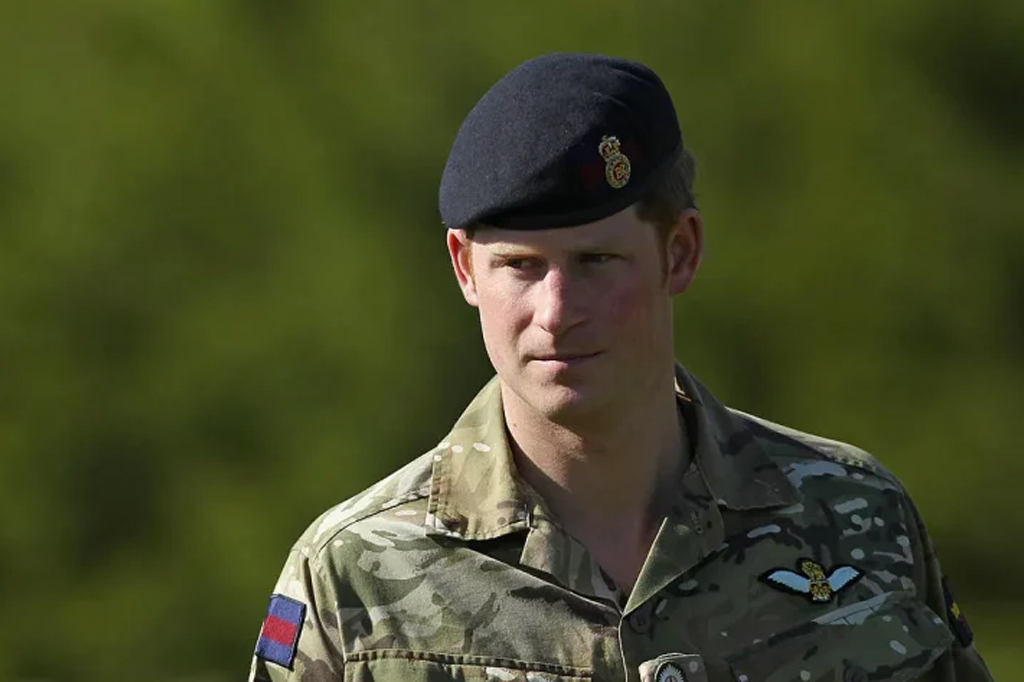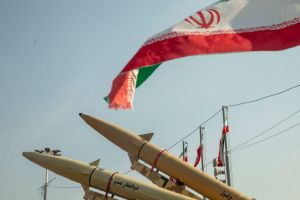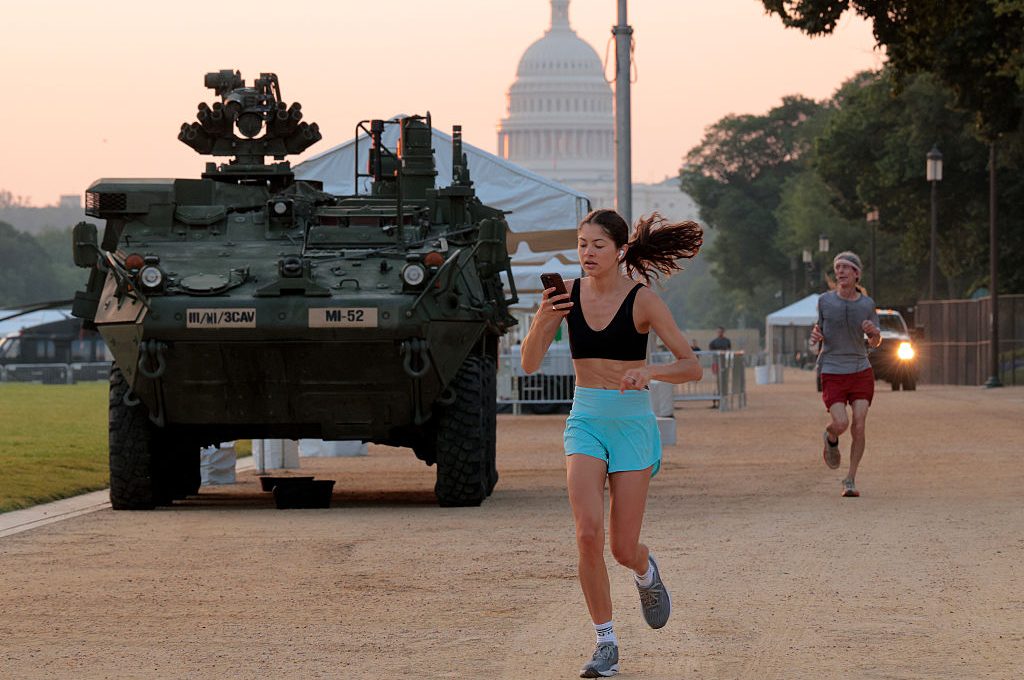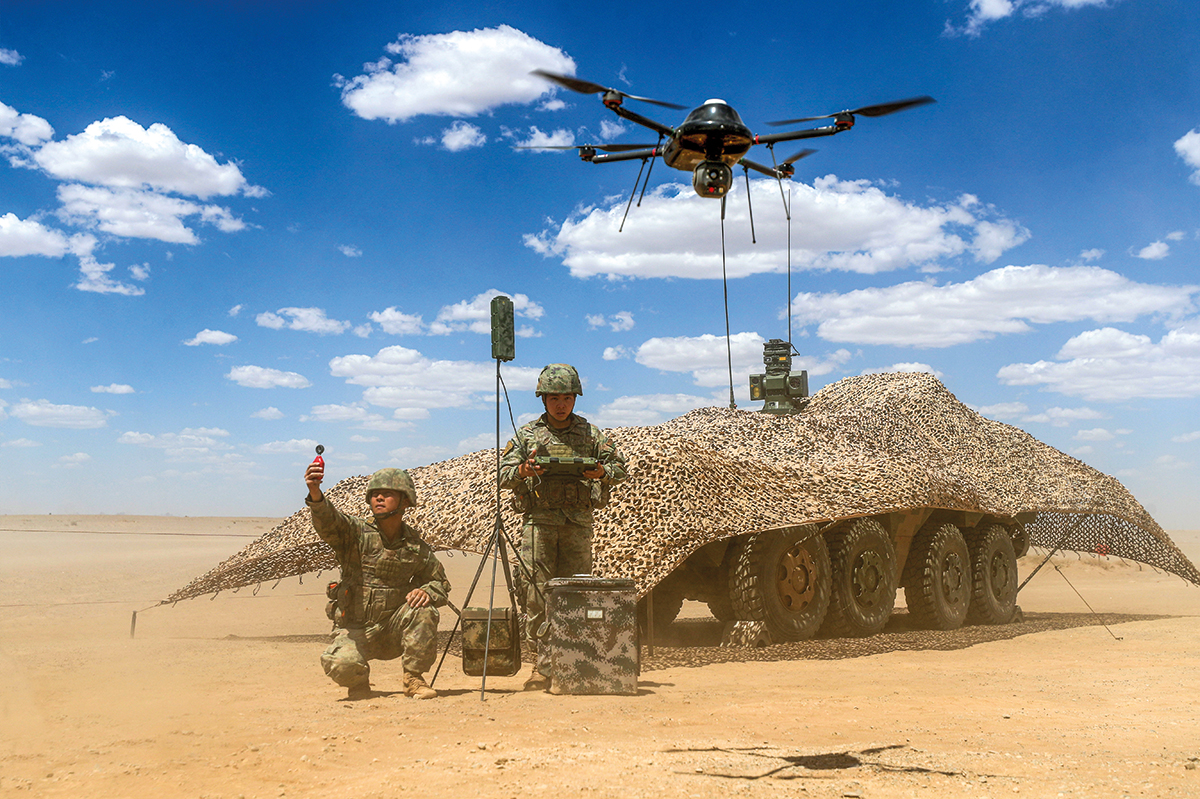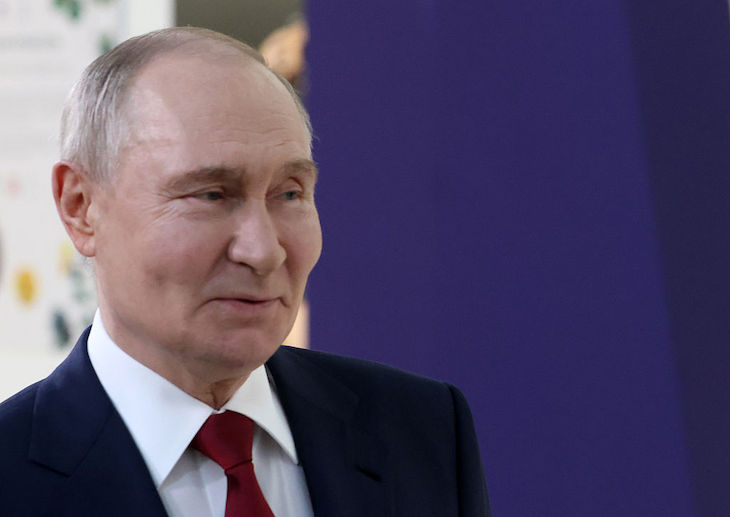Years ago I was, like Prince Harry, an army officer. Since then I have spent a lot of time with long-serving professional soldiers. I don’t think I’ve ever heard anybody talk publicly about how many people they’ve killed.
Yet in his new book, the Duke of Sussex reportedly details that he flew on six missions that resulted in “the taking of human lives” — something of which he says he is neither proud nor ashamed.
He apparently writes that, in war, soldiers do not usually know how many enemies they have killed. But:
In the era of Apaches and laptops [he was able to say] with exactness how many enemy combatants I had killed. And it seemed to me essential not to be afraid of that number. So my number is twenty-five. It’s not a number that fills me with satisfaction, but nor does it embarrass me.
In fact, a lot of soldiers do know how many people they have killed. They just don’t think it is appropriate to publicize the kill count — never mind whether it is satisfying or embarrassing to them or whatever. It’s not about macho codes. It’s about decency and respect for the lives you have taken.
While it’s absolutely correct that they were taking life in order to avoid loss of life, most people now appreciate that, certainly in Helmand province, most of those we were fighting were the local tribes people enraged at foreign troops in their districts and compounds. Most of us have now moved on from the neocon delusions of the Bush years — that we were fighting back al-Qaeda in southern Afghanistan. That’s something that Harry doesn’t appear to understand: as reports suggest, he says that he felt the Taliban were “enemies of humanity,” never forgetting watching news coverage of the 9/11 attacks on New York when he was at Eton. He later met the families of victims of the attacks on visits to America.
Even if Harry did feel some justified righteousness in fighting, that’s still no reason to publicize his kills.
I remember one heavily decorated SAS Warrant Officer friend telling me that when someone asked him how many people he had killed he would always respond: “That’s a bit like asking a woman how many men she’s slept with.”
That may be a somewhat sexist remark, since it’s equally grubby for a man to talk about his sex life — something which, funnily enough, Harry looks set to do in this tell-far-too-much memoir. He also looks set to describe losing his virginity aged seventeen to an older woman in a field:
An older woman who liked macho horses and who treated me like a young stallion… I mounted her quickly, after which she spanked my ass and sent me away. One of my many mistakes was letting it happen in a field, just behind a very busy pub. No doubt someone had seen us.
That’s not exactly kiss-and-tell, but it’s hardly gracious. Harry is exhibiting — in such a cringe-inducing style — the precise opposite of what his grandmother exemplified: dignity, restraint, and an ability to not parade his emotions. He is doing great damage to the institution of the monarchy, particularly in the rest of the world.
Is there any confidence he will not break, or any discretion will he not now show in return for money?



